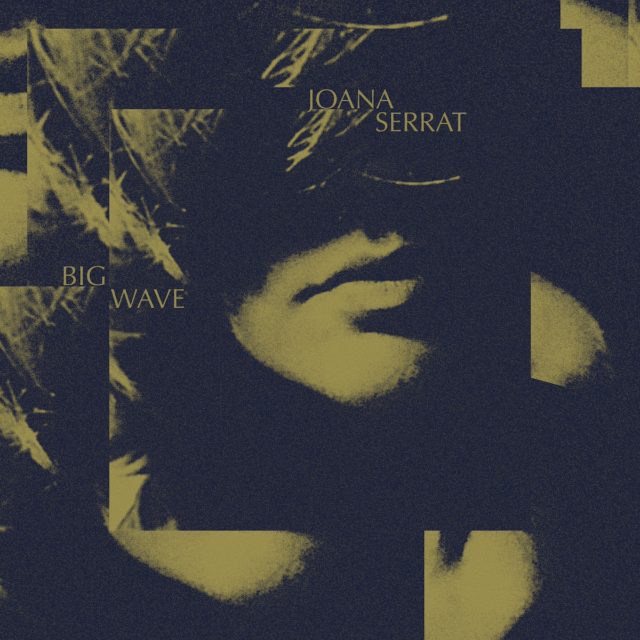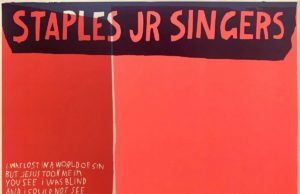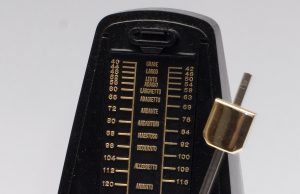THE EDITED PRESS RELEASE: “Everything felt different,” says Joana Serrat. Big Wave, the sixth full-length release from the Catalan singer- songwriter, strides boldly in a new direction, its songs charged with a fresh power — precipitated by turbulent changes in her personal life.
“Thinking about / my new life to come,” she sings during A Dream That Can Last, the first track she wrote for the new album and one she describes as an epilogue of its predecessor, 2021’s Hardcore From The Heart. That album and 2017’s Dripping Springs were united in their scrutiny of melancholy and loss. “Big Wave is a different story,” she says. “It’s a new chapter.”
The new chapter included the end of a long relationship and the beginning of another, entering a new decade of life, and the passing of her grandparents, whose deaths bookended the making of the album. Dark imagery engulfed her typically introspective, bare-bones, haiku-like songwriting. “I feel the cord has finally broken / Tangled up in my fingers, I / Swallow all of my love / I don’t know where it’s gone / I don’t know what to call myself anymore,” she sings on thunderous opener The Cord.
“I felt pushed away from the world,” she explains. “I was close to my 40s. You feel that you don’t belong. The world that you belonged to just ended, and there’s no place for you. You are not useful anymore. You feel not wanted.”
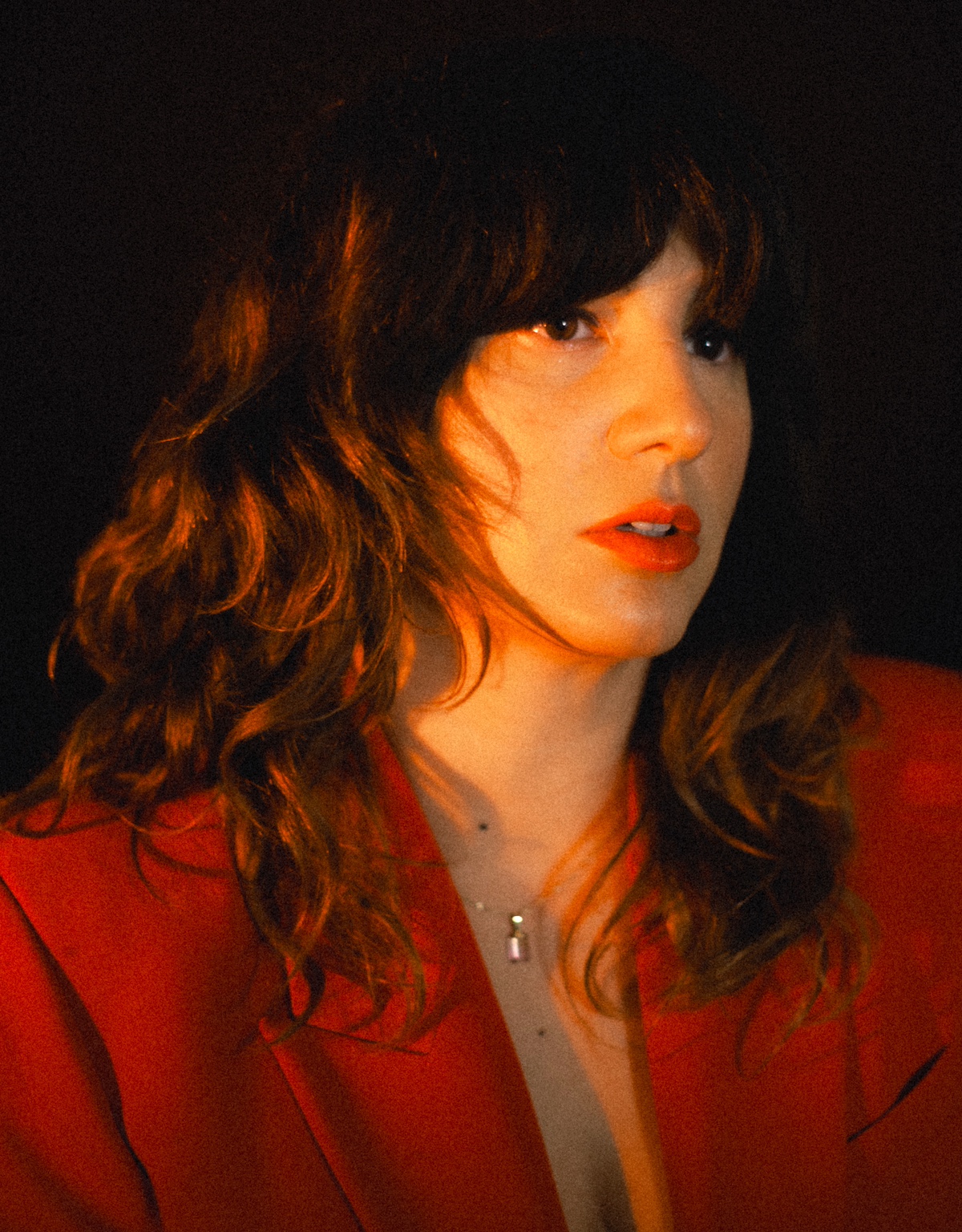
She felt as if her vision or angle had become irrelevant, that she was no longer part of the mainstream, lost at sea. “The Ocean, the song that closes the album, is exactly that feeling,” she says. “I feel that I’m vanished in the ocean, and there’s no legacy.”
But it wasn’t until Joana took the songs to the studio that these feelings truly hit her — just like the album’s titular big wave. “I wasn’t aware that I was so sad,” she says. “And the passing of my grandmother, four months before coming to the studio, kicked me to death, the final kick.”
Normally, she would be in her element in the studio. “I knew there was something going on inside me and I wanted to dig in to my corners and find out what it was. It was an experiment for me: I thought, I’m gonna have fun. But at the studio, I blocked, I collapsed, I couldn’t work. It was very challenging. And it was the first time I felt that way while making a record. But that put me in the place where I needed to be.”
On her previous albums, particularly Hardcore From The Heart and Dripping Springs, Joana’s music engages in a tug-of-war between fragility and intensity, a dynamic that has caught the attention of major publications — a rare level of coverage for an artist from the small Catalan city of Vic.
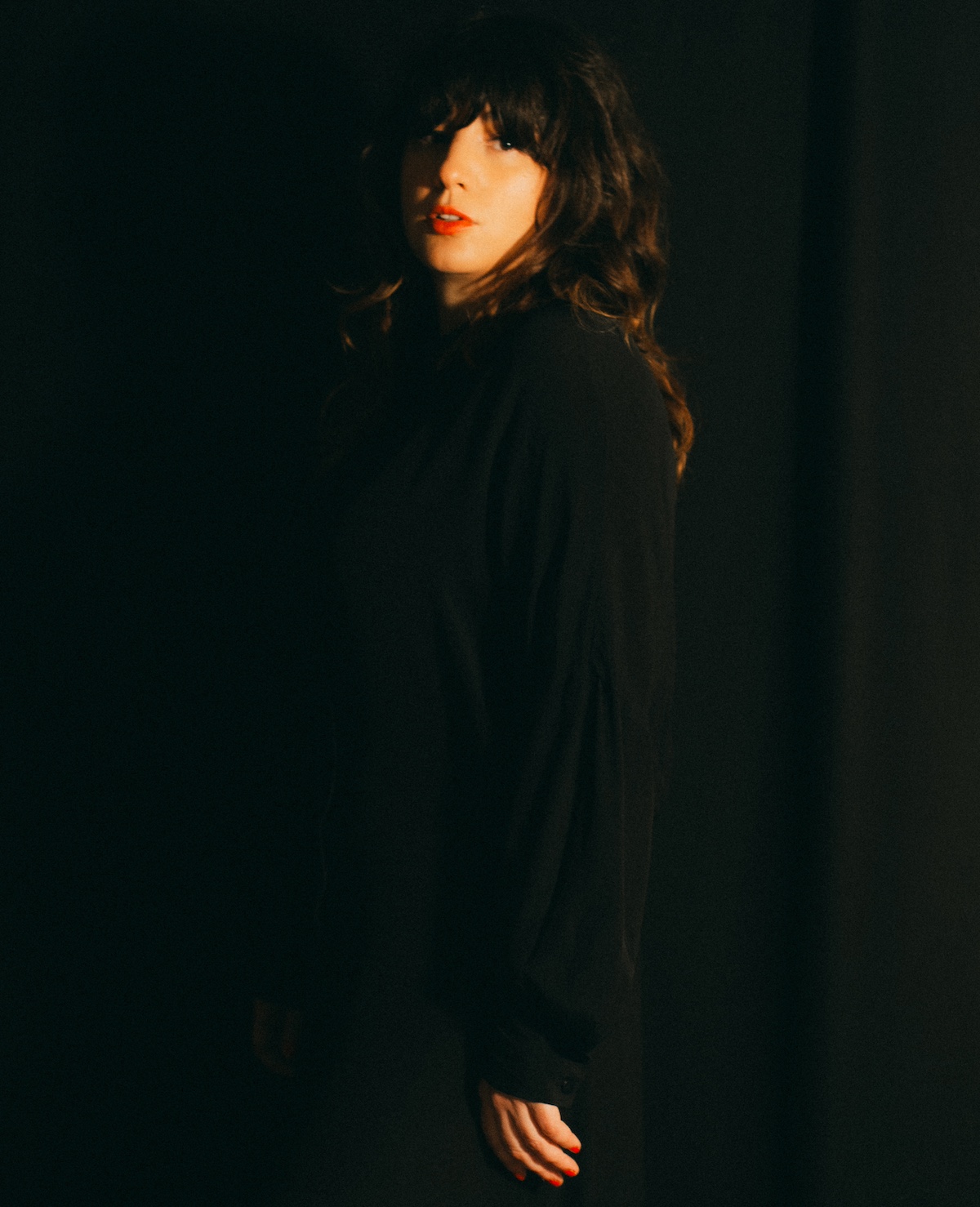
Big Wave retains her characteristic use of reverb and pop melody, but is tighter, fiercer, shrouded in distortion. It recalls the emotional and sonic ferocity of Kim Gordon, Angel Olsen or PJ Harvey. “I wanted to be more aggressive,” Joana explains. “Because I was feeling very uncomfortable and I wanted the album to encapsulate this emotional state.”
Big Wave was recorded at The Echo Lab studio over two weeks in April 2022, in Texas, familiar territory geographically — she made her previous two albums there — but with a new producer and mixer on board: Matt Pence (Jason Isbell, John Grant). “I put a lot of pressure on myself,” Joana reveals. “I felt like a fraud, and anything I had done before wasn’t valid. But it was exciting, and I learned so much from him.” His fresh outlook led to fresh ways of working — like starting with a cappella demos, to which he added drums, and then a harmoniser, instruments that supply the album with much of its force.
Also on board was co-producer and longtime collaborator Joey McClellan (Midlake, Rufus Wainwright, John Grant) — “the songs wouldn’t be the same without him” — McKenzie Smith (St. Vincent, Sharon Van Etten) and several of Joana’s Midlake and Mercury Rev friends. “Matt told me, ‘Joana, you’re very generous, because you’re not afraid of letting people work with your songs, and mess around and be proactive.’ ” she recalls. “But what’s the point in working with other musicians if you just tell them what to do? A record is a picture of a specific moment, and there are things that happen because we were in that moment. The magic happens when you give room for everyone to express themselves.”
That collective spirit and spontaneity shaped the album. It was during one of the first songs they recorded, Feathers, that Scott Lee (Texas Gentlemen, Kirby Brown, Josh T Pearson) used the bass Moog and Joana thought about it as a sonic signature for the record. “I thought, that’s the direction of the album. That was a moment of enlightenment.”
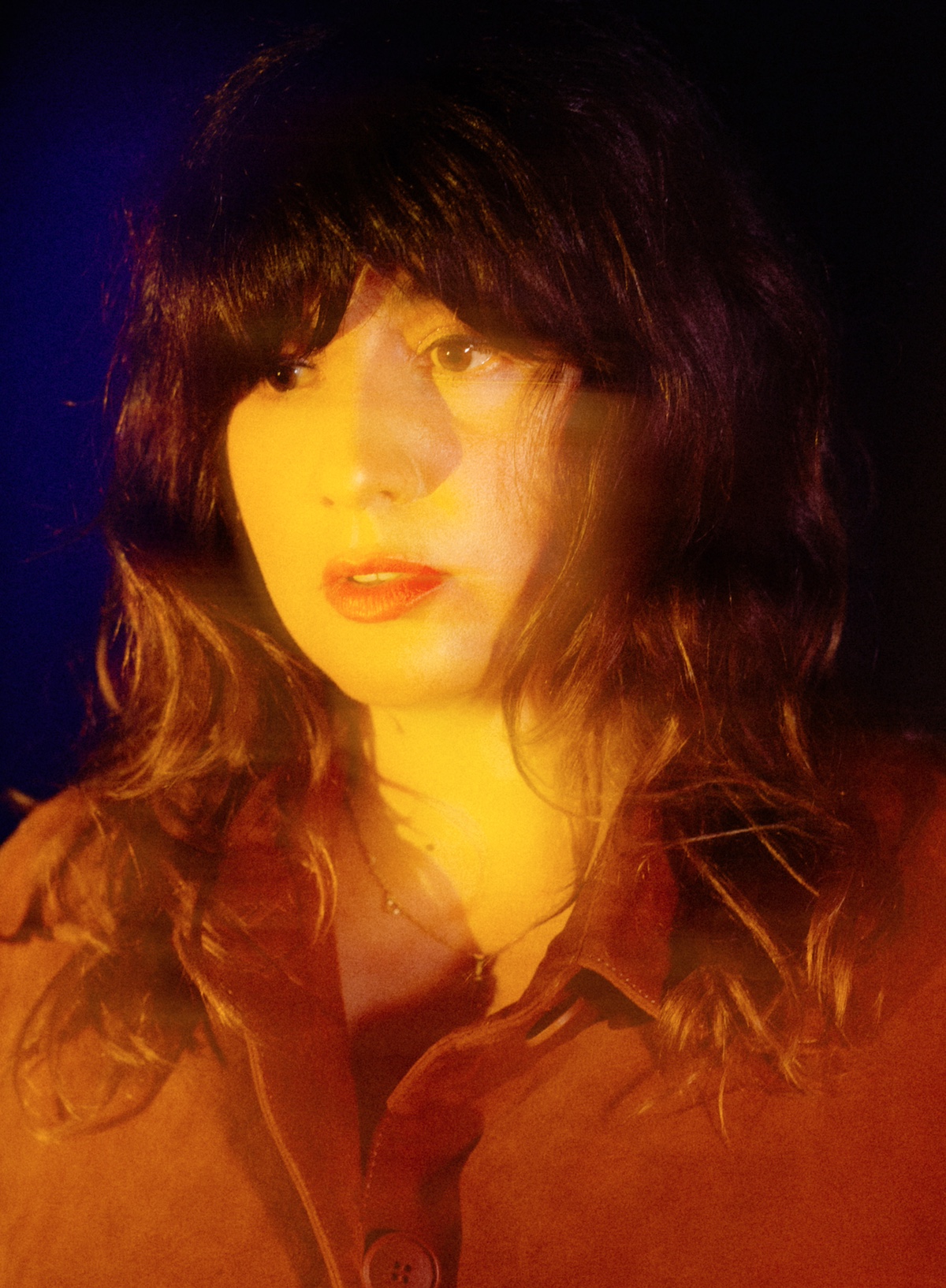
A Dream That Can Last features two single acoustic guitars that, thanks to the harmoniser, sounds like an entire orchestra. And on the Björk-like ballad This House — written about the house where Joana currently lives, in a small village in the mountains of northern Catalunya — Jesse Chandler (Mercury Rev, Midlake, Beth Orton) used the harmoniser on the sounds of strings of an open piano to create a song that holds you tight in its grip. “You feel like the house is actually burning.”
“The sessions, although painful and hard for me, were amazing when it comes to art,” Joana says. “The only thing I’m sad about is that I was in that dark place. That’s why I was happy to do the mixing almost a year later, because I was in a much better place. The energy was flowing and I could be myself.”
Big Wave is dedicated to Joana’s late grandparents: her grandmother passed away at the end of 2021, and her grandfather — a professional saxophone player who taught Joana music as a child — last summer. She comes from a musical family, and her father’s encyclopaedic music taste alongside her own teenage odysseys into the reverb-heavy 1990s sounds of indie-rock, dream-pop and noise-rock are particularly felt on the second half of Big Wave, which contains more “classic Joana stuff”. But the contemporary, experimental elements that dominate side A emerge from elsewhere: the sonic and lyrical content of Low’s Hey What, and the deep, dark textures of Oneohtrix Point Never, specifically his 2019 track Nobody Here, which slows down and loops one line from Chris de Burgh’s Lady In Red — “There’s nobody here”.
“This is the foundation of who I am now,” she continues. “I never imagined having these songs in any of my records. It’s the best album of my career so far and I don’t think I’ll ever be able to put out an album like it again. I want Big Wave to have its own path. Hopefully it’s a beautiful one, that pays justice to what the album represents. It’s time for the songs to fly. And take off.”
















